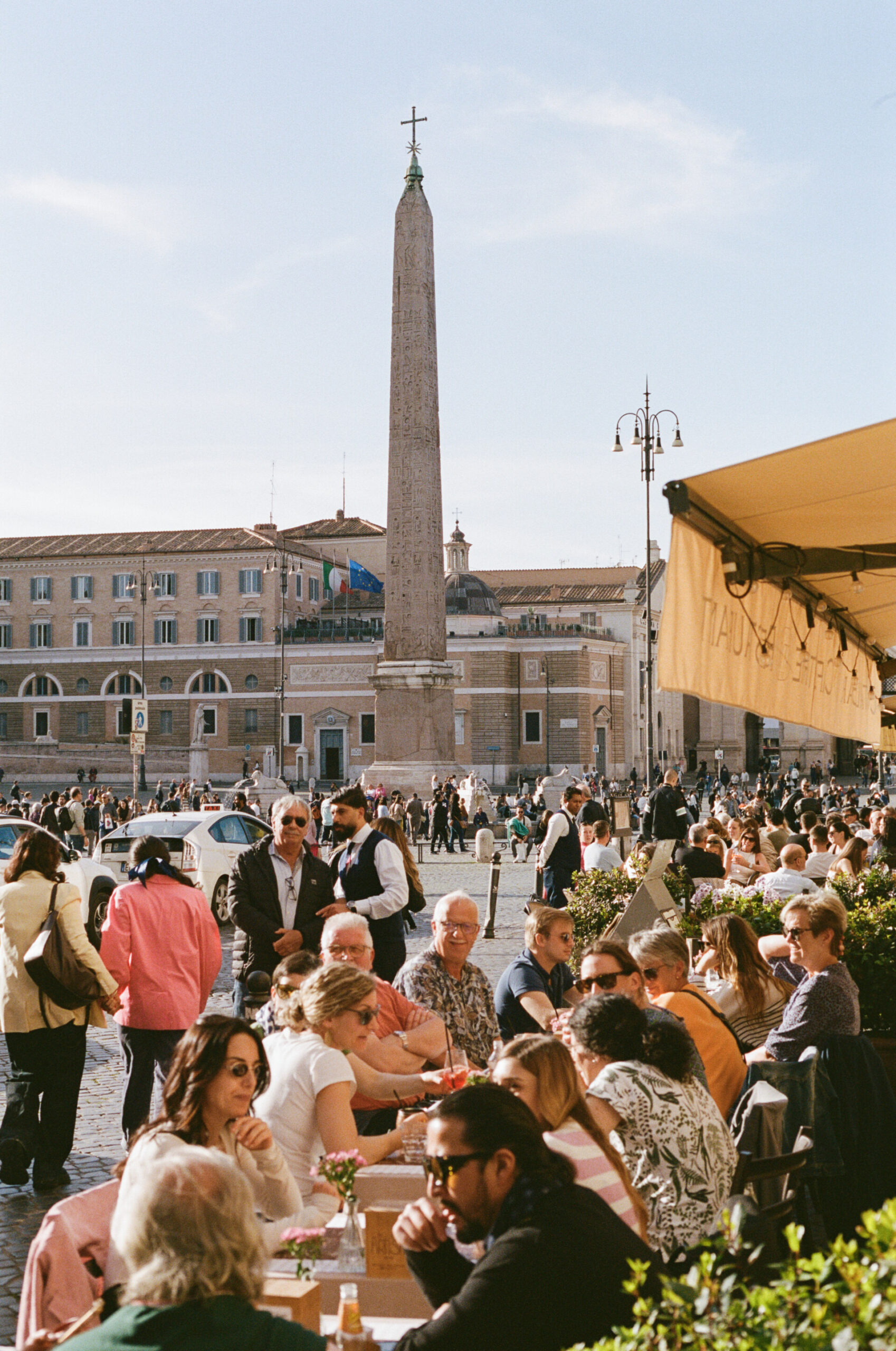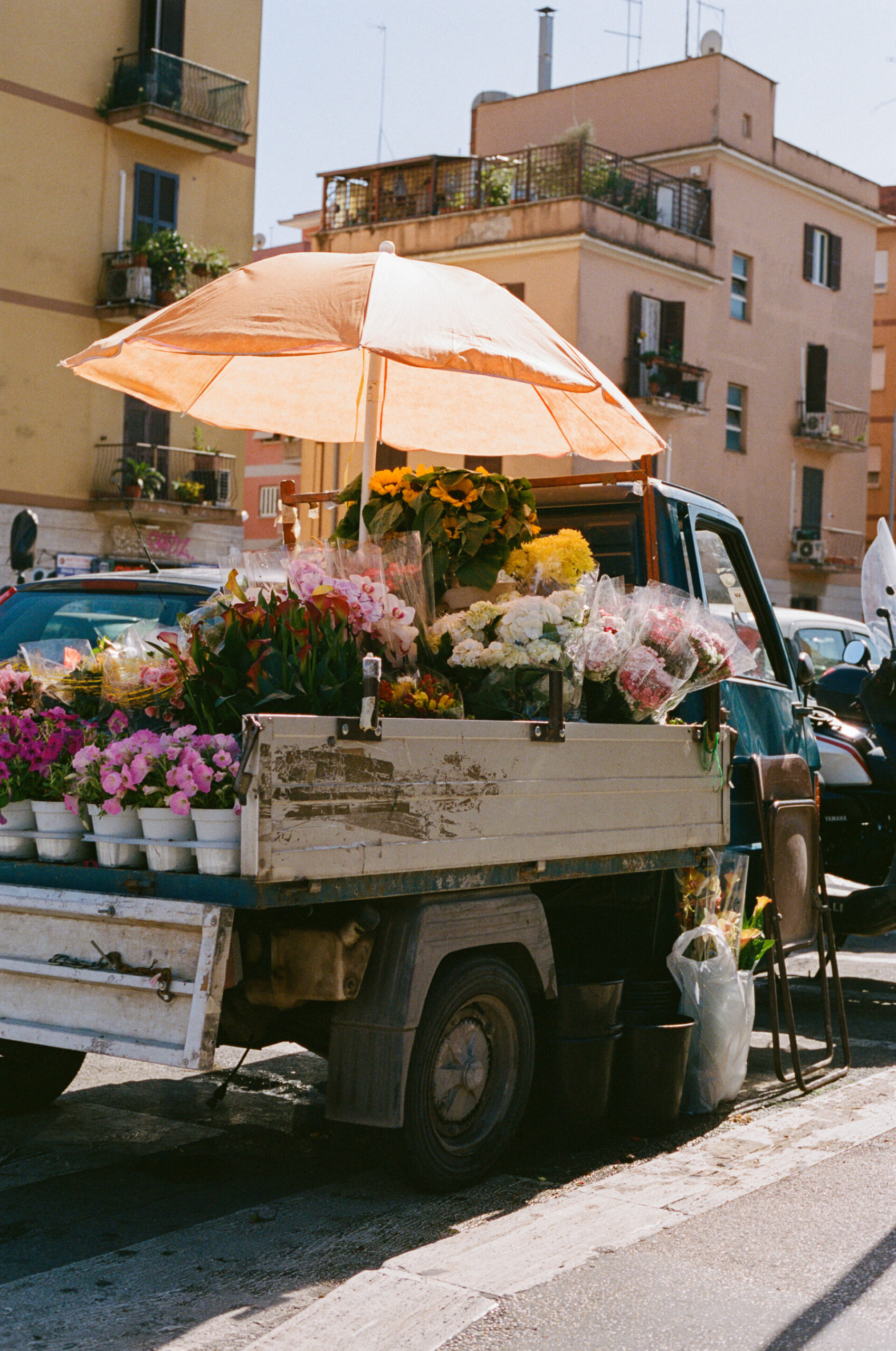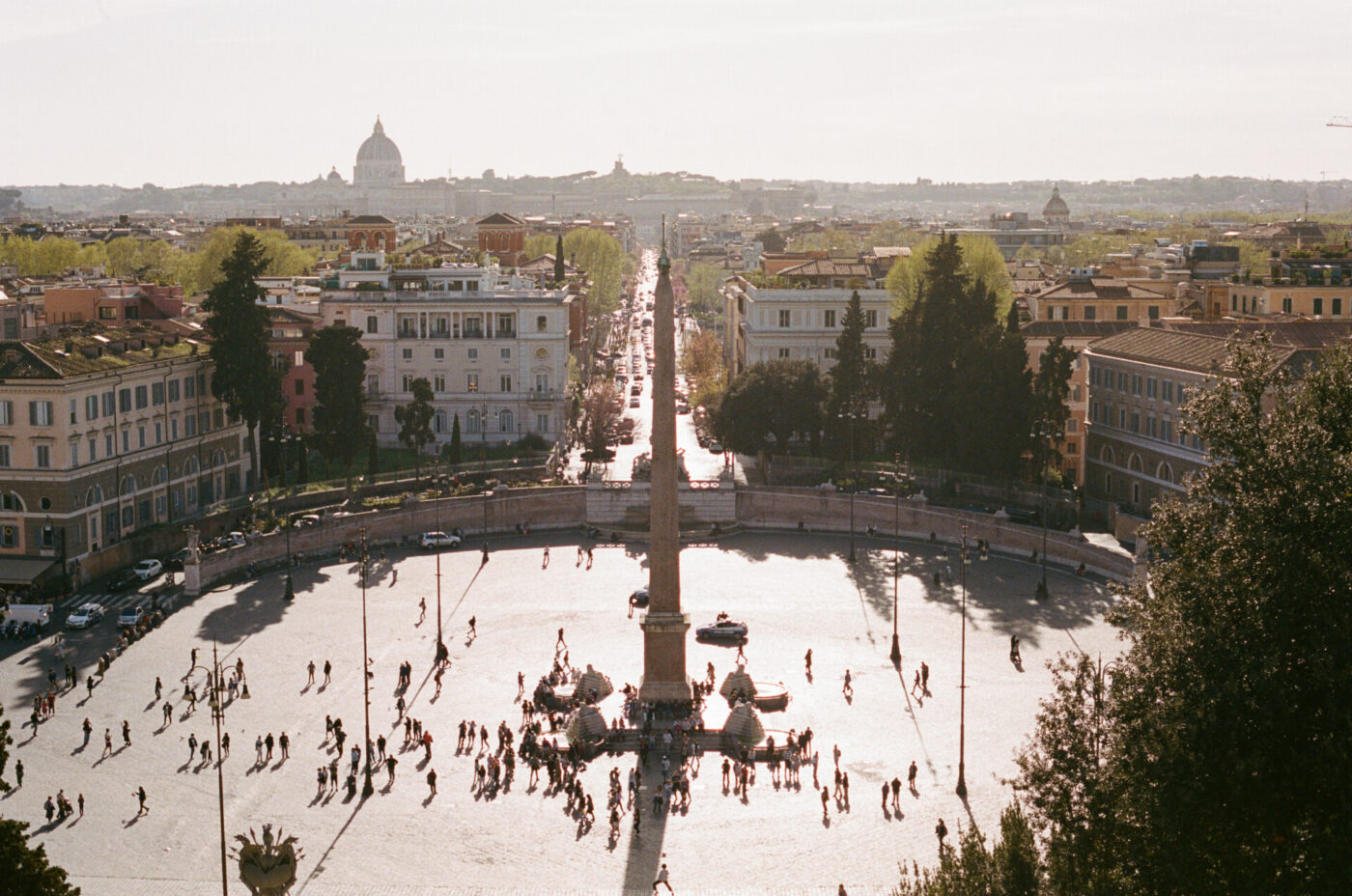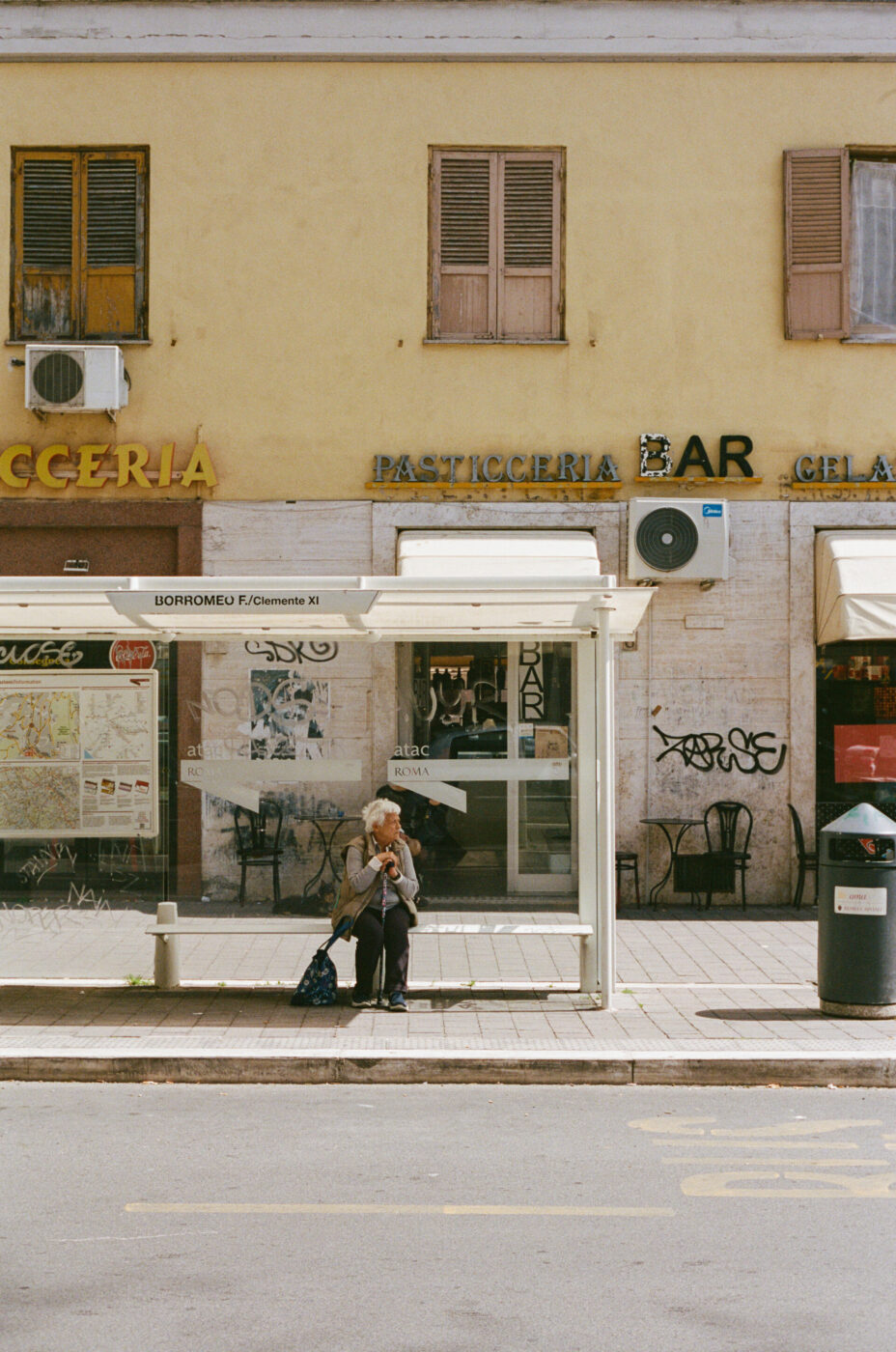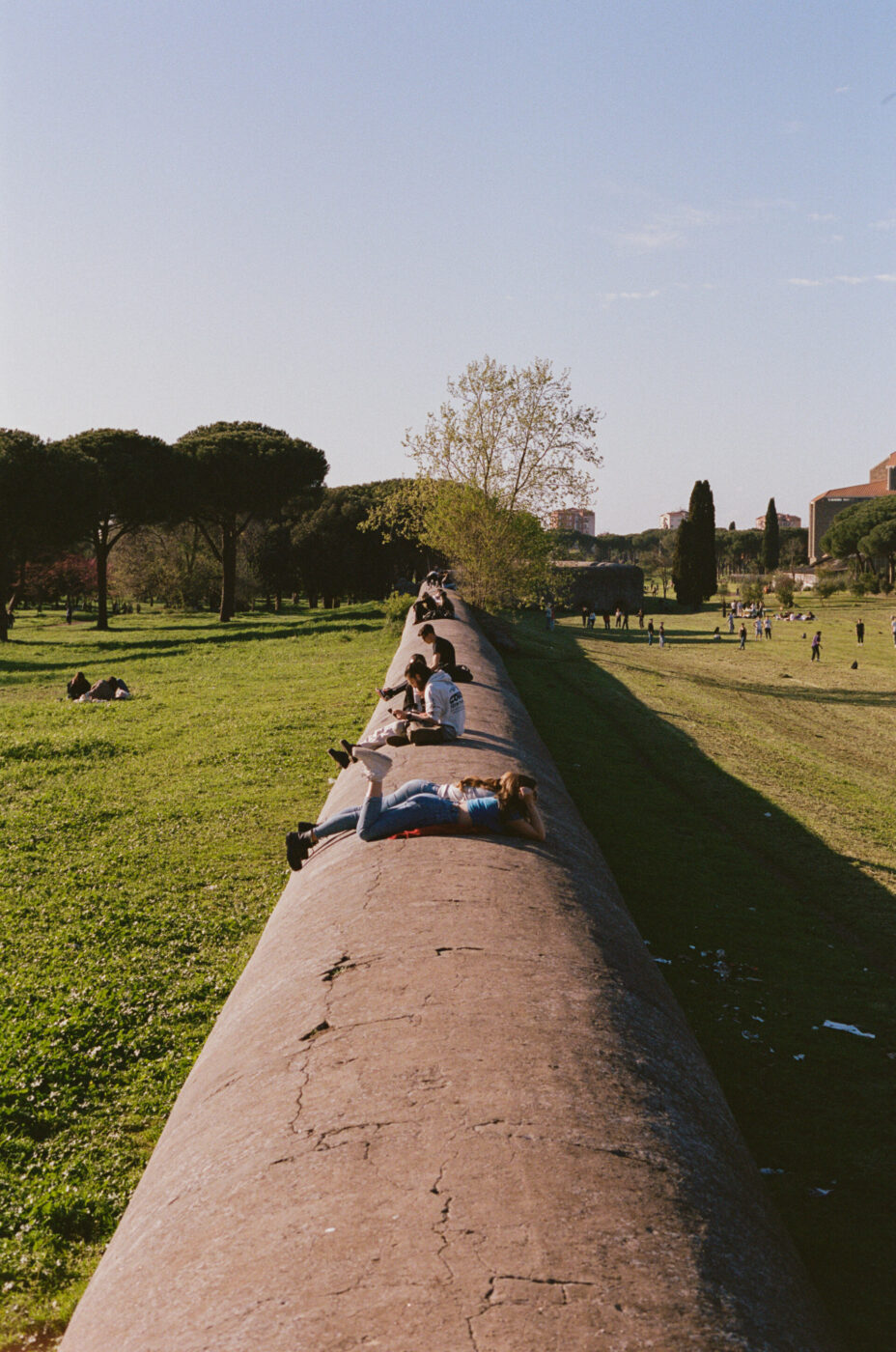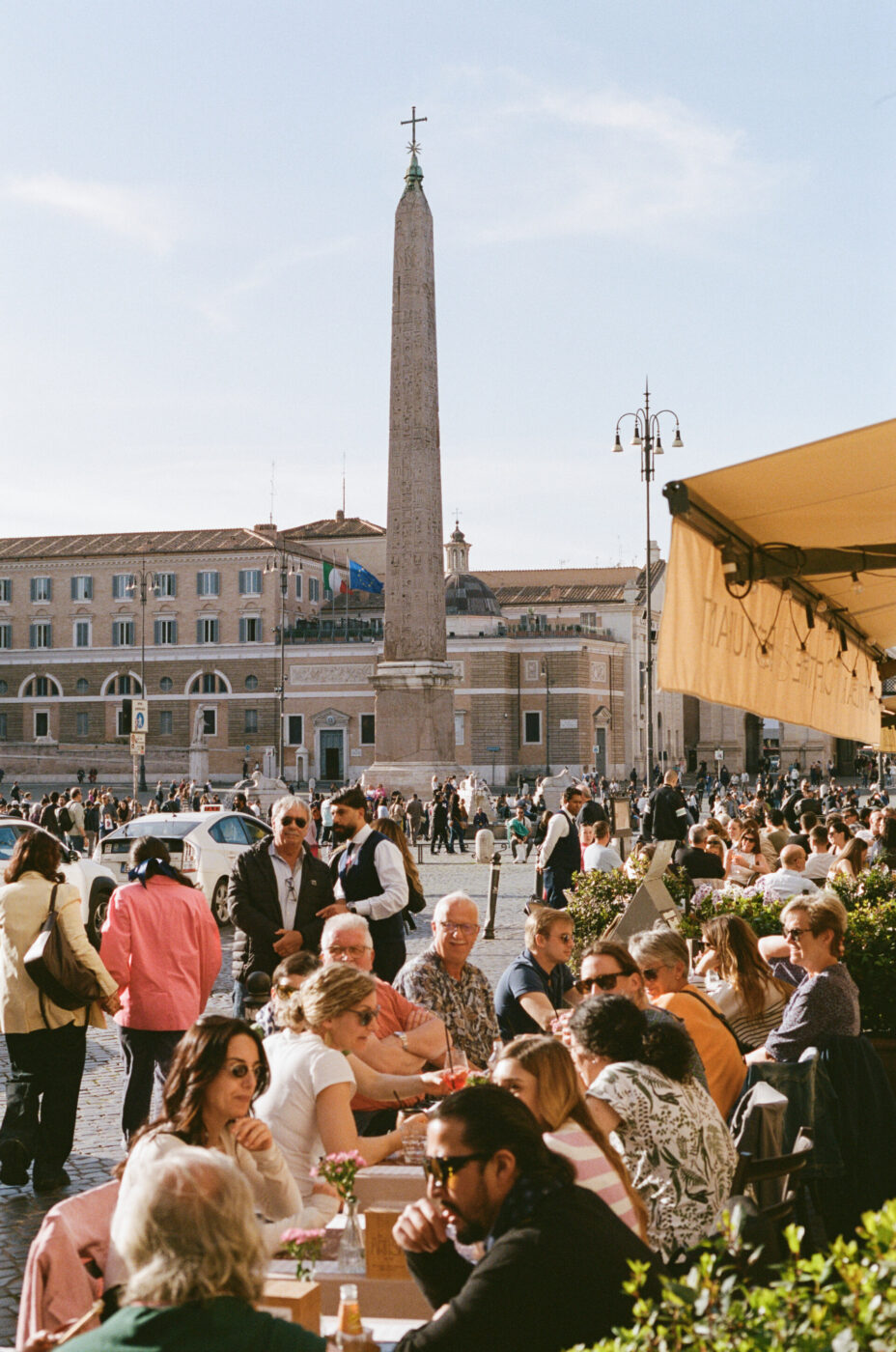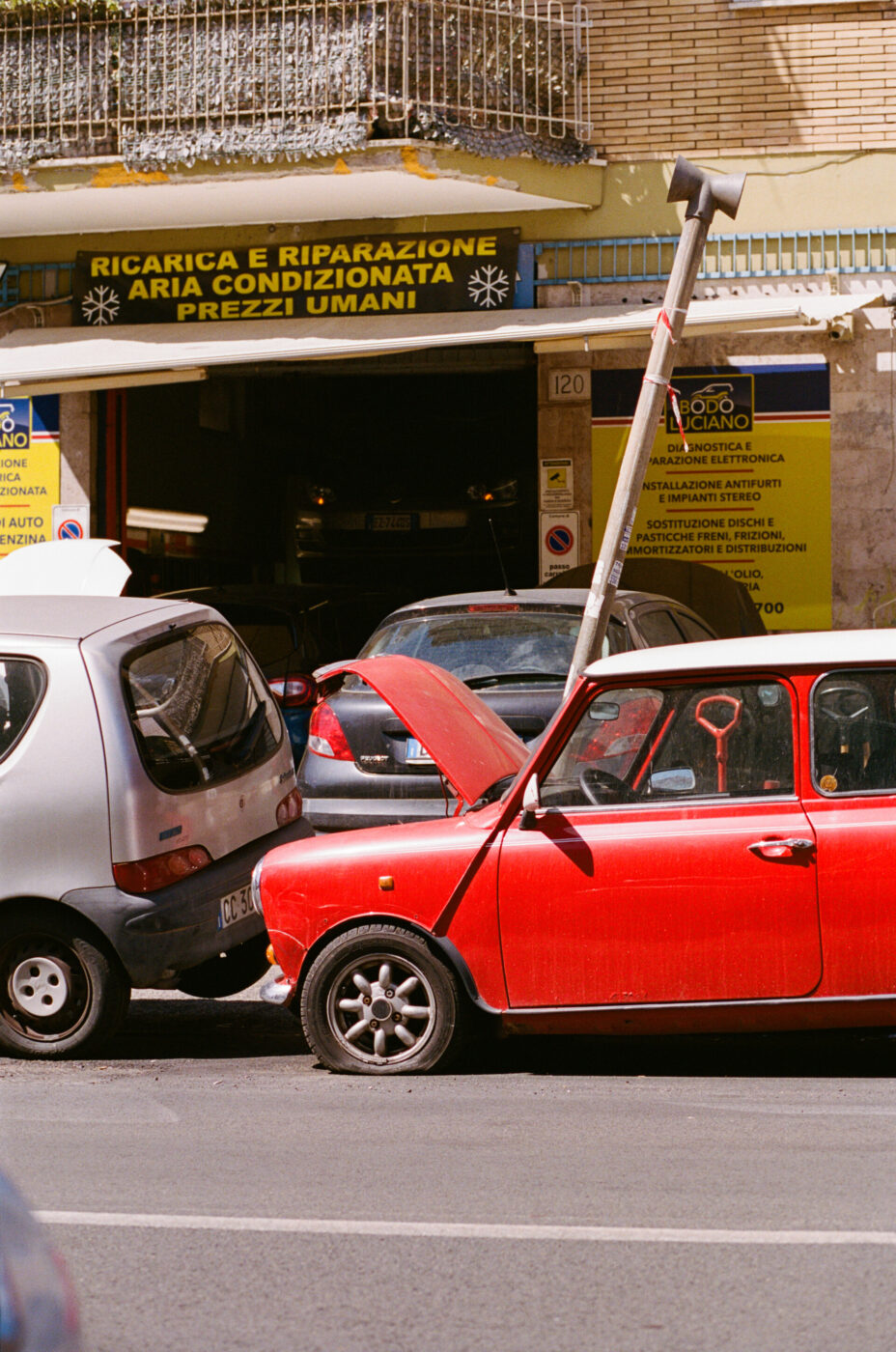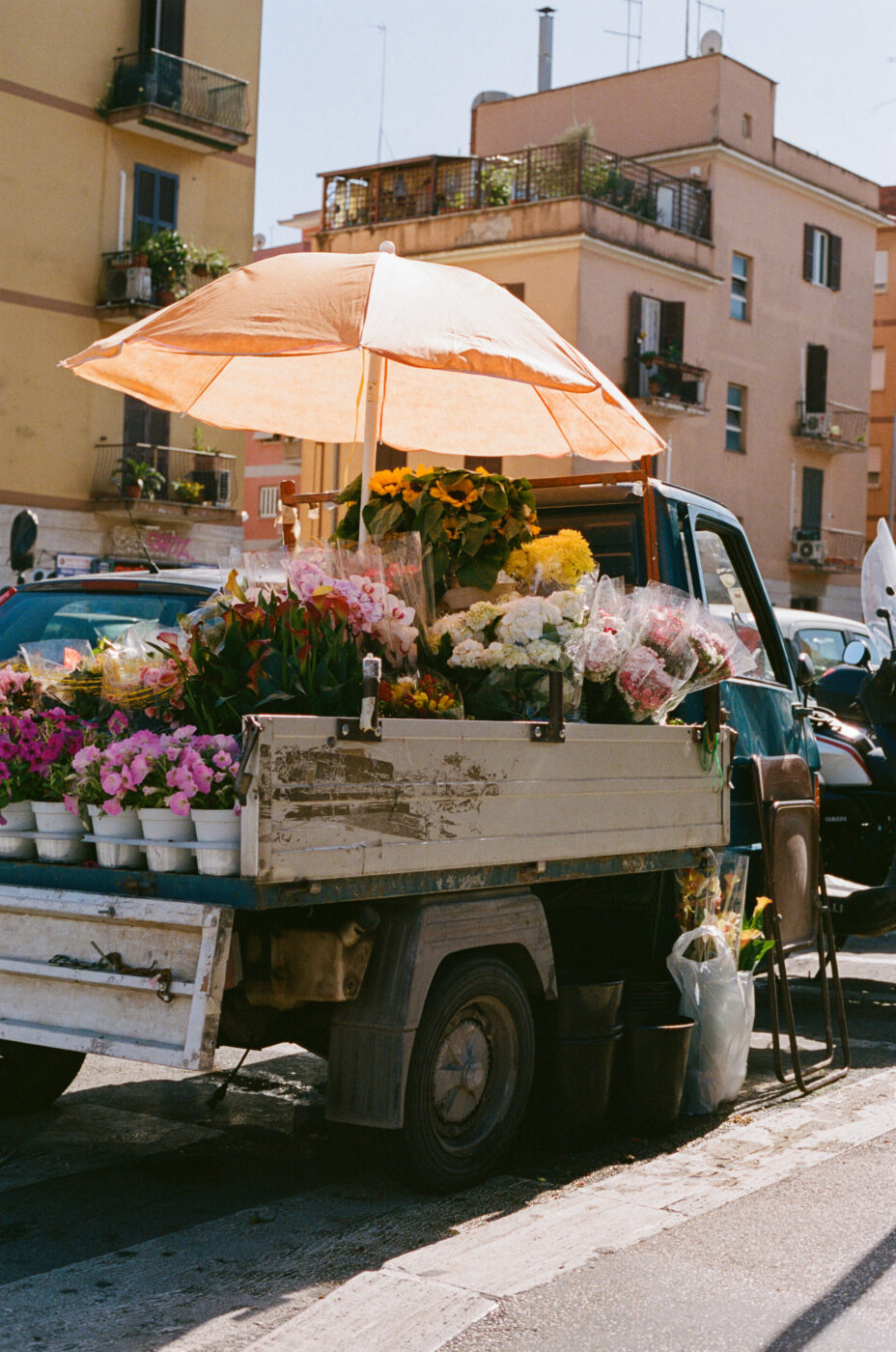There’s a game that gets played at every expatriate party I go to in Rome: “How long have you lived here and how has Rome hurt you today?”
You can gauge your crowd by the response your answer gets. Now that I’ve lived here for two years, that’s either followed by a gasp—“What must living here for that long be like?”—or a chuckle: “That’s almost nothing.” If I’m surrounded by young women in their early twenties who have moved to Rome on a lark, to live with a family and study Italian and enjoy the city until they no longer can, the response is inevitably the first. But if I’m in a room full of long-time expatriates who can only conjure up how long they’ve lived here after an extended period of thinking, my answer usually engenders the latter.
The long-timers, despite any affection they may have for this city, come armed with a litany of complaints. They generally go something like this: the public transit doesn’t work, the city is dirty and covered in trash (though this has improved in recent years), the bureaucracy takes forever, Romans can be closed-off in their groups of friends from high school, and it’s impossible to find an apartment. I, of course, have my own complaints to add, but there is something else buried beneath this feeling: a profound, almost earnest love for this city, quite possibly the only place I have ever wanted to live. I am defensive of Rome, maybe because it has given me so much autonomy, confidence, and joy—without making any of it easy, of course. The long-timers perhaps sense my unspoken retort, and so they laugh knowingly: “Just wait until you live here long enough. I was just like you when I arrived.”
And maybe this is a version of Joan Didion’s famous ode to leaving New York, Goodbye to All That, that it is “distinctly possible to stay too long at the fair,” that “it is easy to see the beginnings of things, and harder to see the ends.” Maybe there is a version of me that will look back on this essay and think how little I knew then. That is the ignorance of youth, or whatever remains of mine.
But my love for Rome feels expansive, as if I could never know what each day might bring but that it might always bring something more. As I take my walks around this city, occasionally a peaceful thought (so rare for me!) makes its way into my mind: “You could stay here forever.” I have almost always been jumpy with longing for the next opportunity, the next thing to check off the list, so this inner calm has always felt, to me, significant. “How long will you stay there?” my American friends ask. “Pensi di stabilirti qui?” (“Are you thinking of settling here?”) say my Italian friends. And while I always answer with some qualifiers, afraid to share the extent of my passion the way you might when someone asks about a new relationship, my inner self knows the truth. Even if I left, I’d always be seeking Rome.
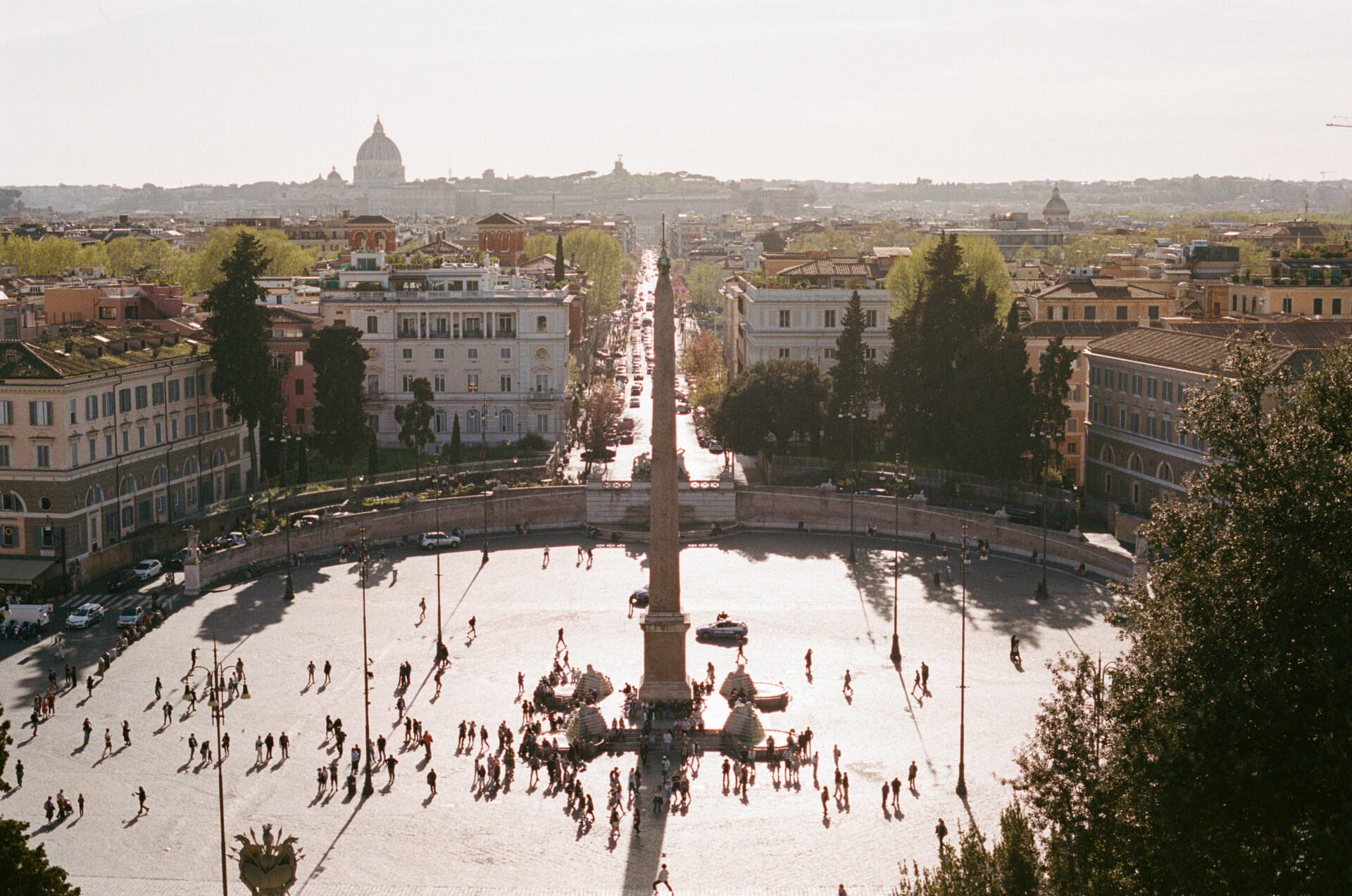
Rome, Rome, Rome, Rome: it’s the steady voice that runs like a drumbeat in my mind. It’s not the longest relationship I’ve ever had, but sometimes it feels as if it could be, as if I’d like it to be. I’m endlessly anthropomorphizing Rome, a city with a beating heart, a person with whom I am in constant dialogue. At times, Rome feels like the only thing I’ve ever wanted, ever-unattainable and yet, some days, I feel as if I might be on the precipice of obtaining it.
Still, my love affair with Rome bloomed slowly. When I first arrived to my semester abroad, harried and sweaty from the plane ride, I remember pulling up to the place that I would call home for the next four months and thinking: this? But then, even at 20, I understood that European cities were not mere postcards, that there was a certain disappointment in seeing the real thing, only because it was crushing in its reality. It could no longer remain a dream, a fantasy.
But the reality of Rome was ultimately better than the fantasy, because it brought with it an implicit challenge: try to know me if you dare. The city was unknowable, its alleyways and crevices always seeming to yield a new result.
And yet I was not immune to the challenges of the other expatriates. Rome was in a near-constant process of hurting me. I was yelled at by waiters when asking for another wine glass, screamed at for saying “secondo me” when asking for advice at a bureaucratic office (“secondo lei?!”), nearly cursed out by a woman from Naples who didn’t understand me when I said that the 3 bus had already passed by. (Finally, I had to explain to her that I was not a native speaker and apologized for my imperfect Italian, at which point she begged profusely for my forgiveness.) I sat next to vomit on the bus, almost burst into tears when I couldn’t get a cab and had to carry my suitcase and cat in a trasportino up four flights of stairs in the July heat, sputtered in disbelief when I asked for an earlier doctor’s appointment and was sternly reprimanded: “What? Do you think we sleep here?” Early on in my time in Rome, I brought a blank bollettino slip up to the post office window and gently asked for instructions, just to be sure that I didn’t do it incorrectly. “Come si fa?” (“How do you do it?”) the employee rolled her eyes, repeating the question back to me mockingly. My best friend and I found this story so representative of Italian culture that we would say “Come si fa?” to ourselves again and again until we dissolved into laughter, using it as a substitute for the general aggression that characterized our daily lives here. We were forever doing something wrong.
Maybe, in this sense, I had always been a masochist, always wanting love that was not freely given but earned. Rome was all too happy to meet this requirement—after all, it had no sweet nothings to whisper, and if you heard them, they were only meant to lead you off track. At times, it seemed that Rome had only pain to offer with brief moments of respite, of reprieve. Certain things were guaranteed: the bus would not come on time, if it would come at all, and if it rained, you were better off staying at home. If you had a to-do list of three items, you would have to content yourself completing only one—and even that was lucky.

But maybe love was seeing all of these defects and loving Rome despite it all, because of it all. Once, during an Italian lesson, our teacher asked us to define “italianità,” literally Italian-ness. Much like the expatriates at the parties I frequented, I rattled off a list of things that flummoxed me: Why did you have to spend the whole day together when you made plans with someone, why was there so much conflict, why were there so many rules? The teacher stared back with a frustrated expression. “Those are all negatives,” she said.
I felt she was willfully misunderstanding me. Criticizing was a form of love, I argued, because it was a form of seeing. I wanted to quote the famous Lady Bird line: “Don’t you think maybe they are the same thing? Love and attention?” I thought often of Henry James’ writing advice: “Try to be one of the people on whom nothing is lost.” He goes on to recount the story of “an English novelist, a woman of genius,” who was able to astutely retell “the nature and way of life of the French Protestant youth” from one mere interaction: momentarily bypassing the open door of a pasteur while going up the stairs and listening to the lilting conversation of young Protestants gathered around the table.
My study of what it means to be Italian, and, perhaps more relevantly, what it means to be Roman, is ongoing and may never offer conclusive results. This is, of course, one of the great pleasures of living in the Eternal City—that it will never bend to my will, it will continuously evade definition, it will always remain somewhat of a mystery.

Photography by Gareth Paget
And yet, there are those of us who will still, in some small way, try to define Rome, if only to try and better understand the city we adore. In 2022, Roman transplant Jhumpa Lahiri, who has famously chosen to write in Italian instead of English, published her Racconti Romani, with a title inspired by the Alberto Moravia book of the same name. The nine short stories look at the diverse perspectives of people who live in Rome but hold varying degrees of so-called “affiliation” with the city. How Roman one can claim to be is always something up for debate—even the title of legacy Romans can come under dispute if it emerges that generations of their family did not live here, that only their parents were born and raised in the city.
But the same group of us who might try to define Rome in vain (alas, I am guilty) may also say that the city is a quite literal sum of its parts, a sum of its people. In a review of Racconti Romani for literary magazine Critica Letteraria, Michela La Grotteria writes that: “Roma è metamorfica, è una metropoli ramificata in cui tanti nidificano, pochi si sentono pienamente aderenti al tessuto della città, ma tutti, con la propria esperienza, contribuiscono ad arricchirne lo spirito.” (“Because Rome is ever-changing, it’s a segmented city in which many choose to make their homes, few feel fully integrated into the fabric of the city, but everyone, with their own lives, plays a role in enriching its spirit.”)
Thus, perhaps the answer to what it is to be Roman is simpler than that of what it is to be Italian—all of us who choose each day to make our lives here, even when another easier, more convenient path might await.
